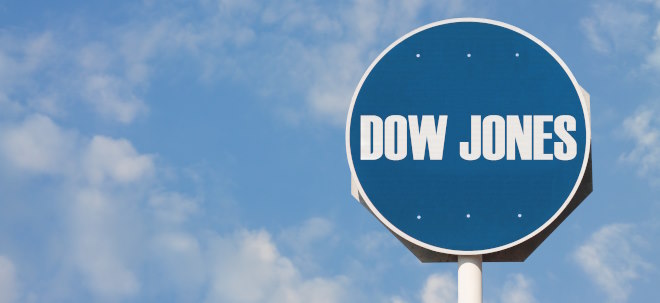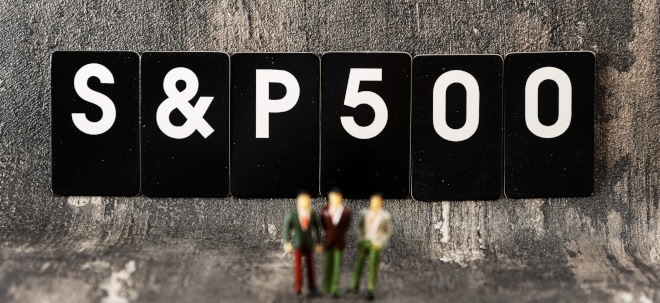RNS Number : 0075U
Petrel Resources PLC
17 June 2009
17th June 2009
Petrel Resources PLC
Statement Accompanying the Preliminary Results
for the Year Ended December 31 2008
Petrel has been active in Iraq for ten years. During that time, there have been
a number of economic and political upheavals in the country, the area and in the
wider world, but the events of the past eighteen months challenge even hardened
optimists. Not only has Petrel faced ongoing civil strife in Iraq, continued
legal uncertainty in the country, world markets where investors totally deserted
small capital stocks, but we have not been paid for the work done on our large
Subba and Luhais contract.
Since signing the US$197 million contract in 2005 and receiving US$20 million
advance into a JV account from the Iraqi authorities, Petrel has completed
approximately 50% of the project work. The work has been approved by the
authorities. We have billed US$54 million against the project Letter of Credit,
but the funds have not been disbursed. Protracted discussions have been ongoing
for sixteen months. Agreements have been reached, the latest in March 2009,
where payments are promised but to no avail. With extreme reluctance, we put
the Subba and Luhais project on care and maintenance in October 2008, and
temporarily disbanded a world class technical team.
What is frustrating is that solutions have been negotiated and agreed by both
sides but not implemented. Petrel has proposed to the authorities that we are
happy not to take payment in cash. Instead, we could take over operatorship of
the field, complete the development ourselves, and take payment in the form of
oil. This proposal is well received in certain circles, but the lack of a
Hydrocarbon Law makes it difficult to implement.
It is difficult to convey to shareholders to understand the current position in
Iraq. The turmoil and chaos of the past six years has impacted on almost all
administrative structures. The civil service, oil ministry and banking system
have all seen significant changes in personnel. Political changes have further
impacted on staff and policy. The Iraqi environment of 2008 / 2009 differs
starkly from that of 2004 / 2005, when we tendered for, and won, the contract.
Our strategy has been to complete the development of Subba and Luhais as a first
step to building an Iraqi oil company. We continue to explore every avenue to
reach a settlement, but Petrel, and our contractors must either be paid or the
contract must be changed, so that Petrel can take oil as payment. The agreements
of September 2008 and March 2009 were comprehensive, covering payment, revisions
to work programmes and rapid remobilisation. We are working assiduously to have
the agreement implemented.
The impasse on Subba and Luhais is affecting our other operations in Iraq. In
the past year, we have completed our work on the Merjan field, confirmed an
agreement on Dhufriya, and maintained our interest in Block 6 in the
Western Desert. The Merjan study was joint ventured with Itochu of Japan, one of
the largest Asian conglomerates. All existing data was reviewed and analysed,
and development proposals prepared. We have indicated to the authorities that we
would develop Merjan. We completed documentation on Dhufriya during 2008. We
have received all available seismic and geological information. It is with our
team in Amman. Progress is on hold pending a solution to the payment problem.
We have been in the Western Desert of Iraq since 2000, when we were invited to
study Block 6, a 10,000 square kilometre block, which had little prior
exploration. We spent two years analysing all available data and conducting work
on adjacent blocks, particularly in Jordan. We reached agreement on terms in
2002, but the final documents were not signed. The Ministry of Oil is aware of
our status in relation to Block 6. We are hopeful that we will be awarded title
when the Hydrocarbon Law is passed. We have an agreed work programme, which
involves seismic and wells. We have a seismic team ready to move on short
notice, but prior to commencing work, we would need title and confidence that
agreements will be honoured.
Apart from Iraq, we are active in Jordan on the East Safawi block. Intensive
work done by Petrel in recent years has identified drillable targets. This is a
"frontier" area in terms of oil discoveries, so we prefer to joint venture the
risk. Extensive discussions with a multinational came to nothing, while
negotiations are ongoing with experienced Middle East corporates.
Finance
The US$20 million received by the joint venture from the Iraqi authorities on
the commencement of the Subba and Luhais contract funded operations for some
time, but as outlined above, completing almost 50% of a US$197 million contract
is costly. All of the sums due are covered by the Project Letter of Credit. The
net amount immediately due to Petrel is US$8 million. We have stopped work and
cut expenditure.
In March of this year, a long standing institutional shareholder offered
funding. Two other investors agreed to participate in the placing and US$3
million was raised at a price close to that prevailing in the market.
This money will keep Petrel going for the next eighteen months.
Future
We want to stay in Iraq. We want to be part of the oil industry development. We
want to do this as a principal, not a contractor.
The opportunity in Iraqi oil has not changed. Oil costs US$2 a barrel to
produce. There are over 70 known fields waiting to be developed. It makes
absolutely no sense that oil production in Iraq is falling to less than 2.4
million barrels a day when it can rise to 10 million barrels a day. Iraq badly
needs the revenue and the world needs the oil.
It is the potential which keeps Petrel in Iraq. The political, legal
administrative and banking uncertainty will, and must, clarify. We believe that
we can work through the labyrinth of Baghdad, get paid, and deliver a 200,000
barrel a day oil field to the people of Iraq.
John Teeling
Chairman
17th June 2009 |


 Thread abonnieren
Thread abonnieren

